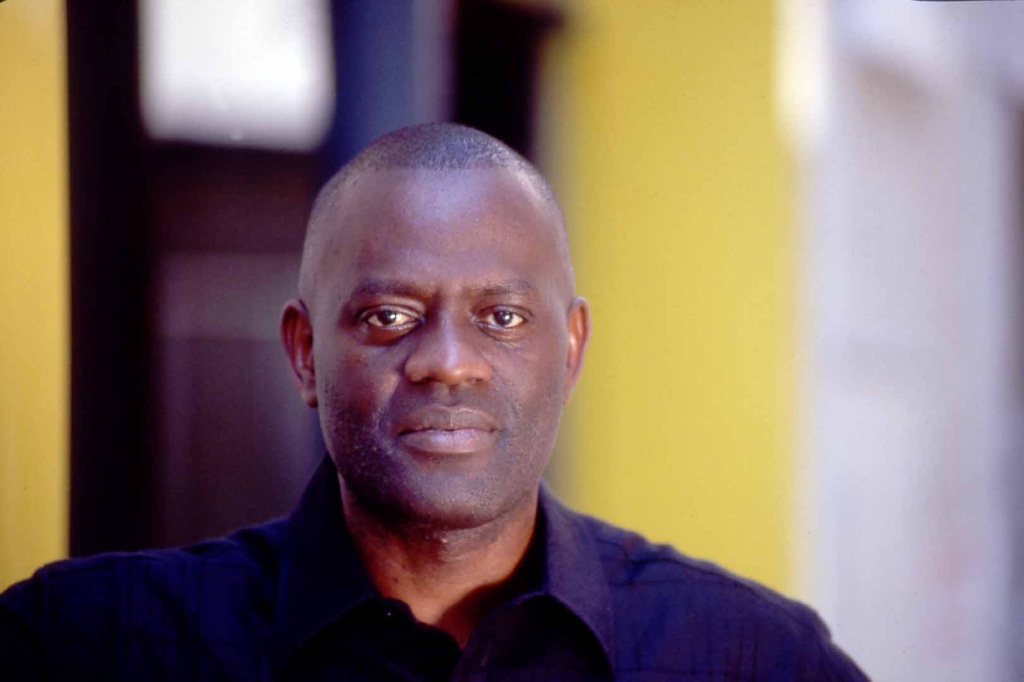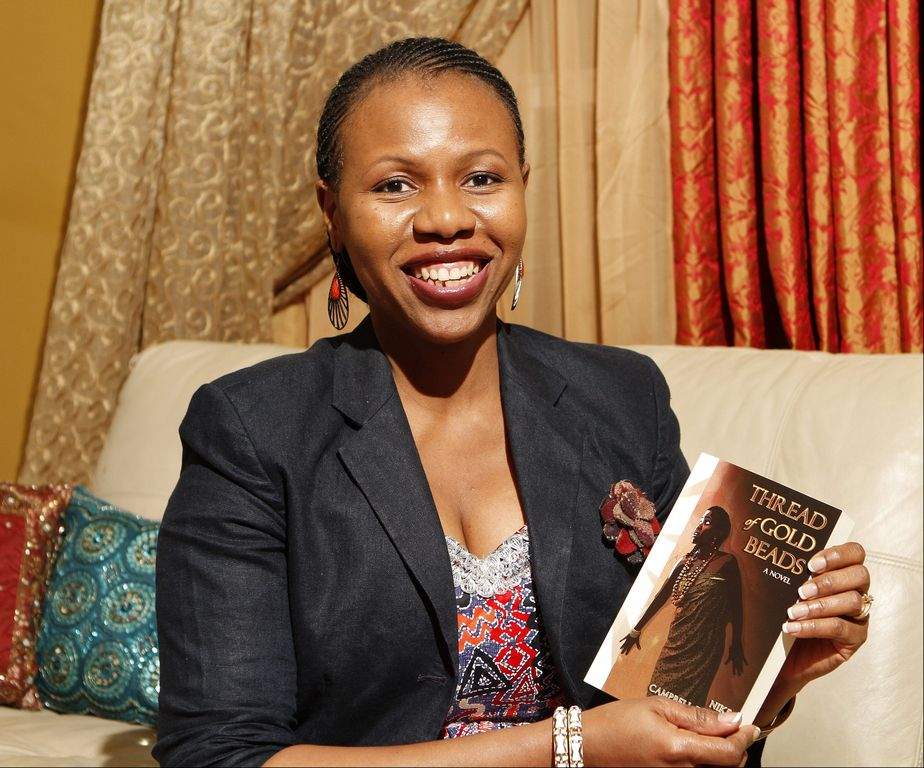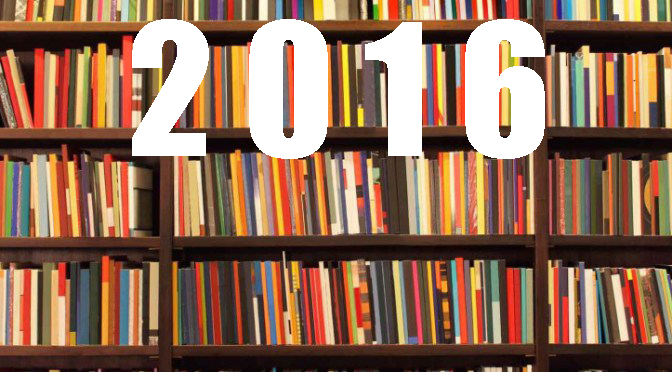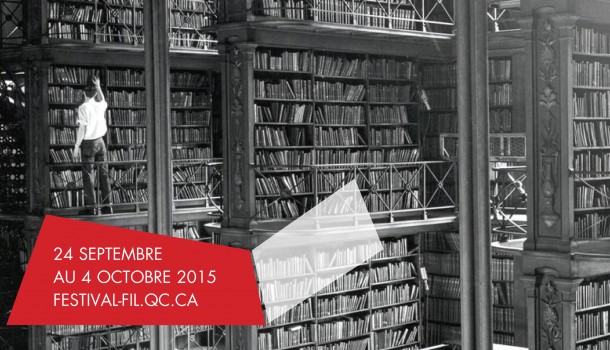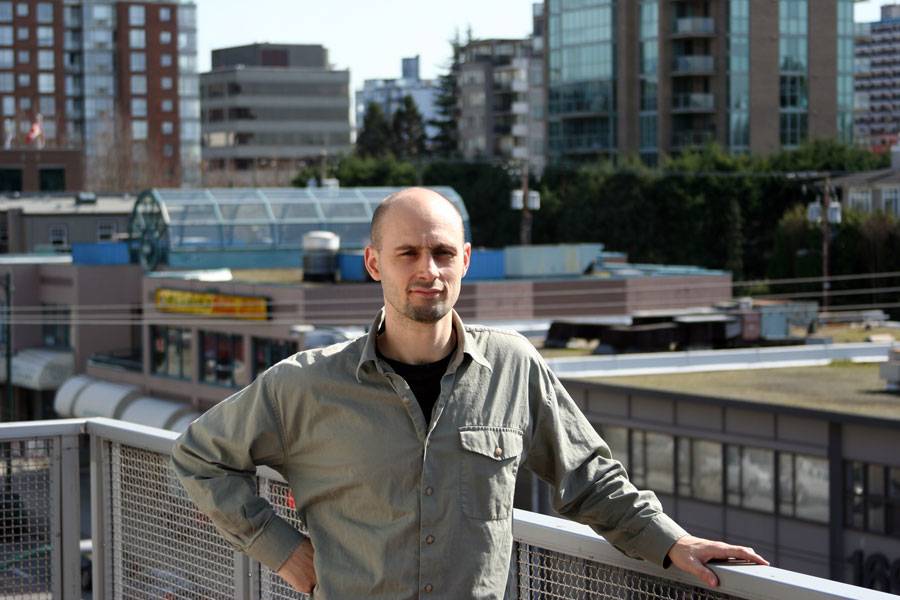 This is my third book (Egypt) on my Ramadan Reading Challenge. If you want to know how I am doing, see my Midterm Report.
This is my third book (Egypt) on my Ramadan Reading Challenge. If you want to know how I am doing, see my Midterm Report.
I was particularly excited by this novel, I heard so much about it . I am happy to reported that I was not disappointed and you won’t be either. I love everything about this book, e-ve-ry-thing! Not only did I get to learn a bunch of things about Egypt, but also because it was a very pleasant read, almost like watching a movie. I can’t wait to finish the entire trilogy.
But first a world about the author
Naguib Mahfouz was an Egyptian writer who won the 1988 Nobel Prize for Literature. He is regarded as one of the first contemporary writers of Arabic literature, He published 34 novels, over 350 short stories, dozens of movie scripts, and five plays over a 70-year career. Many of his works have been made into Egyptian and foreign films.
Mahfouz did not shrink from controversy outside of his work. As a consequence of his outspoken support for Sadat’s Camp David peace treaty with Israel in 1978, his books were banned in many Arab countries until after he won the Nobel Prize. Like many Egyptian writers and intellectuals, Mahfouz was on an Islamic fundamentalist “death list”. He defended Salman Rushdie after Ayatollah Ruhollah Khomeini condemned Rushdie to death in 1989, but also criticized his Satanic Verses as “insulting” to Islam. Mahfouz believed in freedom of expression and although he did not personally agree with Rushdie’s work, he did not believe that there should be a fatwa condemning him to death for it. In 1989, after Ayatollah Ruhollah Khomeini’s fatwa calling for Salman Rushdie and his publishers to be killed, Mahfouz called Khomeini a terrorist.Shortly after Mahfouz joined 80 other intellectuals in declaring that “no blasphemy harms Islam and Muslims so much as the call for murdering a writer.”
About the Book
The novels of The Cairo Trilogy trace three generations of the family of tyrannical patriarch Al-Sayyid Ahmad Abd al-Jawad, who rules his household with a strict hand while living a secret life of self-indulgence. Palace Walk introduces us to his gentle, oppressed wife, Amina, his cloistered daughters, Aisha and Khadija, and his three sons–the tragic and idealistic Fahmy, the dissolute hedonist Yasin, and the soul-searching intellectual Kamal. Al-Sayyid Ahmad’s rebellious children struggle to move beyond his domination in Palace of Desire, as the world around them opens to the currents of modernity and political and domestic turmoil brought by the 1920s. Sugar Street brings Mahfouz’s vivid tapestry of an evolving Egypt to a dramatic climax as the aging patriarch sees one grandson become a Communist, one a Muslim fundamentalist, and one the lover of a powerful politician. Throughout the trilogy, the family’s trials mirror those of their turbulent country during the years spanning the two World Wars, as change comes to a society that has resisted it for centuries. Filled with compelling drama, earthy humor, and remarkable insight, The Cairo Trilogy is the achievement of a master storyteller.
Reflections on Palace Walk:
First of all, when I think of an arab novel, “Palace Walk” is the kind of work that comes to my mind. A regular arab family leaving a regular life with their struggles and issues. Since a lot of my readers have not read this book, I am force not to include a lot of “spoilers” in this post. Instead, I will briefly comment on each character:
- The father, patriarch Al-Sayyid Ahmad: What a complex character! He made me think hard about African fathers in general ( arab or non-arab). At home, they are in their ivory tower playing God Almighty. Outside home, members of the family would not recognize them. In the beginning of the novel, the father seems really like a heartless SOB man who hates his family. But as the story progress, we see that although he is incredibly strict, he loves his family very dearly. In several instance, he almost broke down crying for issues that had befallen one of his children. I was left wondering if he was schizophrenic. Every aspect of his life is perfectly separate. One aspect cannot collide with another. Religion, family, friends, even work are all in separate boxes.
- The mother, Ms Amina: When I look at Ms Amina’s life, her 25 years of marriage with Al-sayyid Ahmad, the only word that come to my mind is servant. It is fascinating to read that for 25 years she went out only several times. I find her to be really courageous and exceptional. Ms Amina runs the household like an army general. She does not know what is happening outside since she is not allowed to go out, but that doesn’t really affect her. At least not the way I think it should. No man, except her husband or sons, is allowed to see her. Her world revolves around them.That is why she was not happy when the revolution erupted, her world was, literally, turn upside down. Let’s not forget that this novel was written during the time when women did not really exist. As a women, the best you could hope for, is to get married to a good husband and have a good life in a golden cage. Ms Amina would never dream of criticizing the way things were. She accepted it graciously as the rule of the land. Well, that is not true actually. In the beginning, she tries to resist but if you have read the previous paragraph you know that did not do her any good. Her husband is a believer of extreme discipline bordering on harshness for the family.
- The daughters, Aisha & Khadija: The girls have been pulled out of primary school very early on and since then they can’t live the house like their mother. No man can see them as well ( I still don’t understand why). If a man must marry them, then he will have to do so without seeing them: That is the tradition of the land. One thing that I find particularly fascinating is the fact that the girls must be fatten in order to be beautiful. In other words, skinny girls are ridiculed because it is unheard of and apparently very ugly. Different lands, different rules. Other than that, they were very happy girls really and most importantly they love their father to death.
- The Sons: Fahmy, Yasin & Kamal: The father is very harsh on them, especially on Kamal who is ten. Despite that, he loves them very much as you will find out at the end of the novel. I am really curious to know how these three turned out to be in the two remaining books
Random observations:
- Almost all the servants in this novel were black. They were referred to as “the black servant”. It was very irritating for me since I am black, but I guess it is a cultural thing.
- Drinking alcohol, using drugs and having several mistresses were widespread practices among the rich merchants . Who would have taught that?
- I didn’t know Al-Husyan grandson of the prophet Muhammad (PSL) was buried in Egypt, in the very neighbourhood where Mr Ahmad family was living. As Ms Amina would said:” Machallah, All praises to Allah”
- Toward the end of the novel, the focus of the story shifted to egyptian politics. I, for one, didn’t know much about egyptian politics, so the names mentioned continuously was not familiar neither was the set up of the story. I had to go online read a bit about Sa’d Zaghlul . I advise you to do the same, it will be easier. Maybe I am too curious, but what can I say I love history.
- One thing I find really strange is the fact that the translation was total, even the ” Inch’Allah”, ” Mach’Allah” … that are never translated, were in this book. I think I have only counted one ” inch’Allah” in the 523 pages.
I will stop right here before I am tempted to reveal more. In any case, I will delve more on the story when I review the whole trilogy. Did you read Palace Walk? What did you think?



